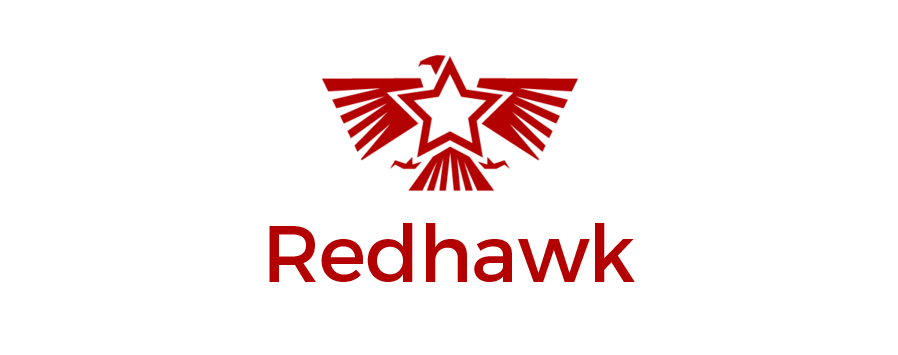Like two warring factions, there is a pro-millennial camp and an anti-millennial camp who rigorously debate the benefits and challenges of a growing Gen Y workforce. On the pro side, millennials are celebrated for their ideals and stubborn vision of disrupting the status quo. On the con side, they are viewed as narcissistic, lazy and entitled neophytes who almost refuse to work a meaningful 40 hours per week.
I have wrestled with these opposing perspectives in real-world applications. Many of my clients have owners that struggle with this emerging workforce as they feel “forced” to hire increasing numbers of millennials. This collision of establishment and new order mentalities leads to strife in almost everything they try to accomplish as an organization. Even office parties can become a blood-letting as opposing views on the importance of cultural sensitivity, dietary considerations and inclusionary activities battle for dominance.
Once you spend some time working in this push and pull between the old guard and new workforce, you start to see where common ground may exist.
Money.
Regardless of age or the corporate cultures you cut your teeth on, money still creates a bridge between the two sides. Despite the popular notion that millennials aren’t driven to acquire material possessions, that just isn’t the statistical truth.
According to Goldman Sachs’ survey of millennials in 2015, 30% said they have little interest in buying a home and 33% said they have no plans to buy a car. For a minute, let’s consider the counterpoint of those numbers. With the inverse nature of percentages, this survey also shows 70% of millennials want to buy a house and 66% plan to buy a car. Additionally, many millennials are carrying crippling student debt and entering an employment market that is increasingly tight as the sharing economy grows without a correlating growth in job creation. Even if millennials don’t want to focus on the accumulation of money or wealth, they are bound by the same economic realities as people twice their age. Even if money may be motivating for Generation X and seen as a necessary evil by Generation Y, they both understand it’s role.
I worked with a client who rolled out a performance plan for all employees that paid an additional 15% of their current salaries as a bonus at year end€”provided they met revenue and profit margin goals. This company is comprised almost 100% of Gen X management and 100% of Gen Y front line employees. Previously, they had not published strategic goals and had no meaningful monetary incentive for reaching specific performance levels. This straight-forward program created a 26% increase in top line revenue, and net income grew 135% in one year.
What we found was a millennial workforce that still had enough need wrapped around money that they worked hard to make this bonus. I also believe the very nature of working toward a common goal provided a sense of purpose and community. For the first time, there was some consensus between the Gen Y and Gen X populations.
Even with some massive checks being written by the owners of the company to pay those bonuses, there was little pain in signing them. The program was a massive success for them personally and professionally. After backing out the bonuses, they still had one of their highest profit margins ever.
I’m not suggesting to simply throw money at a millennial workforce and consider the problem solved. I am suggesting that a thoughtful approach to using it as starting point has merit. Here are some things to think through when considering a profit-sharing program.
Tie the Money to Performance Goals
The business should benefit from the program and the program actually gains meaning when it is tied to some achievement. It helps to create alignment and shared purpose. Without goals to reach, the bonus becomes the corporate version of a participation trophy.
Pick 3 Goals that Everyone Impacts
Don’t pick 12 metrics to hit. That’s just wasting your time. Pick 3 that really matter and that everyone in the organization can impact.
Measure and Share Constantly
Progress toward a goal or series of metrics should be measured and shared as often as possible. Remember, you are working with millennials who are used to information being available on-demand and in real time. Publish the results or progress with the highest frequency possible. Internal social media programs are great conduits for this.
Create Meaning Behind the Goals
Use the opportunity to explain why these goals are important to the employees as well as the company. Revenue improvement can mean expansion and more opportunities for the employees. Excellent profit margins represent ownership’s ability to reinvest in the business which can mean growth in a number of ways. If you spend some time explaining the what’s-in-it-for-me (WIIFM) components to the program, you can maximize the motivation.
It’s important to recognize that many of us Gen X’rs wanted the same things as these “millennials.” We wanted our work to matter, to be recognized for our achievements and have the opportunity for rapid advancement. The only difference is we folded like cheap shirts when our parent’s generation said no. I admire that Gen Y is being so hard-headed. I think many of us old curmudgeons are envious of their resolve.
Again, I don’t believe this is some magic bullet to solve all disconnects between a millennial workforce and Gen X management but it provides one bridge between the two. If you are an owner or manager currently ignoring this dynamic or believe it will go away, consider there are 50% more millennials than Gen X’rs. At some point, if it hasn’t happened already, your workforce will be more Y than X so you need to focus on how you can engage and motivate them.
